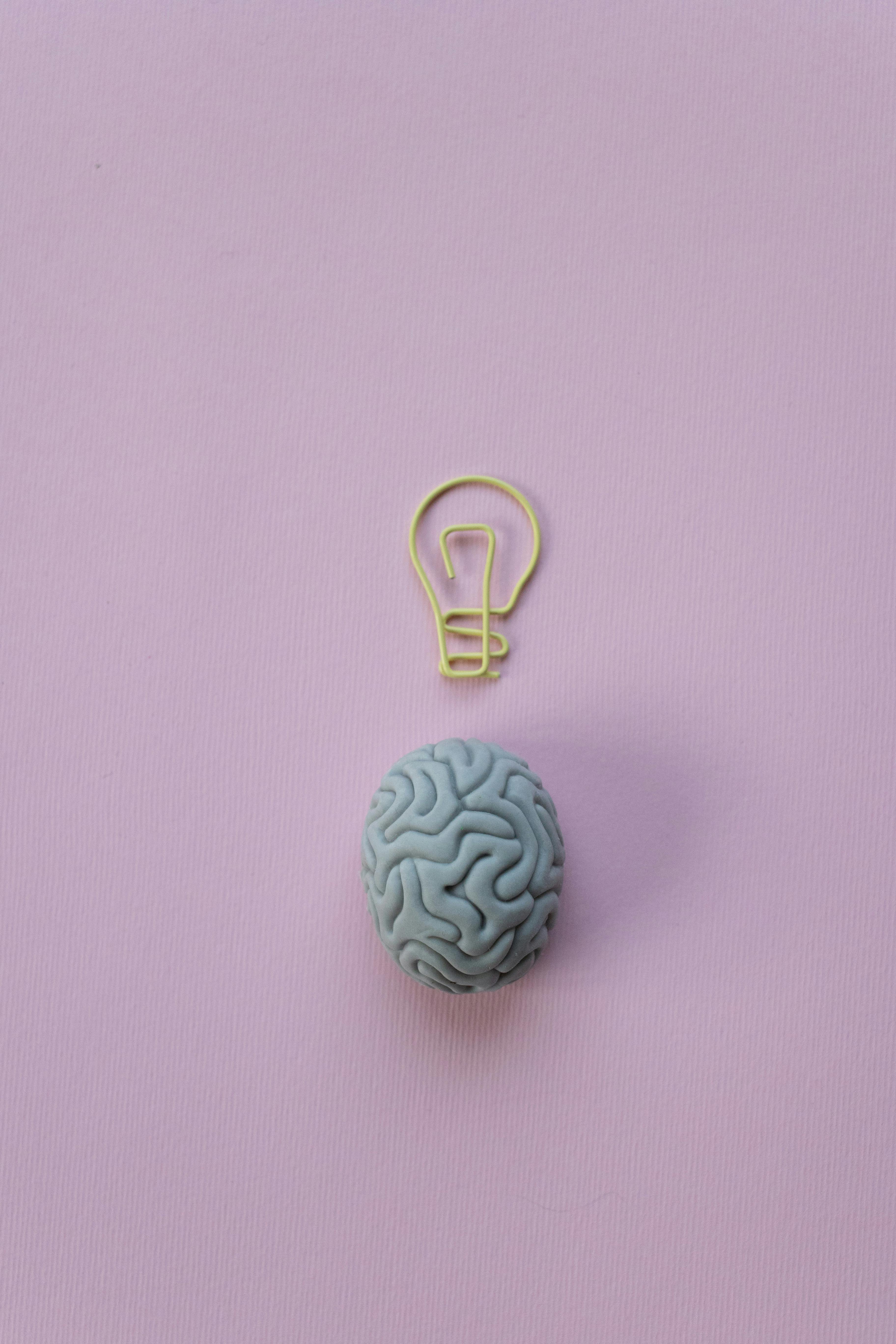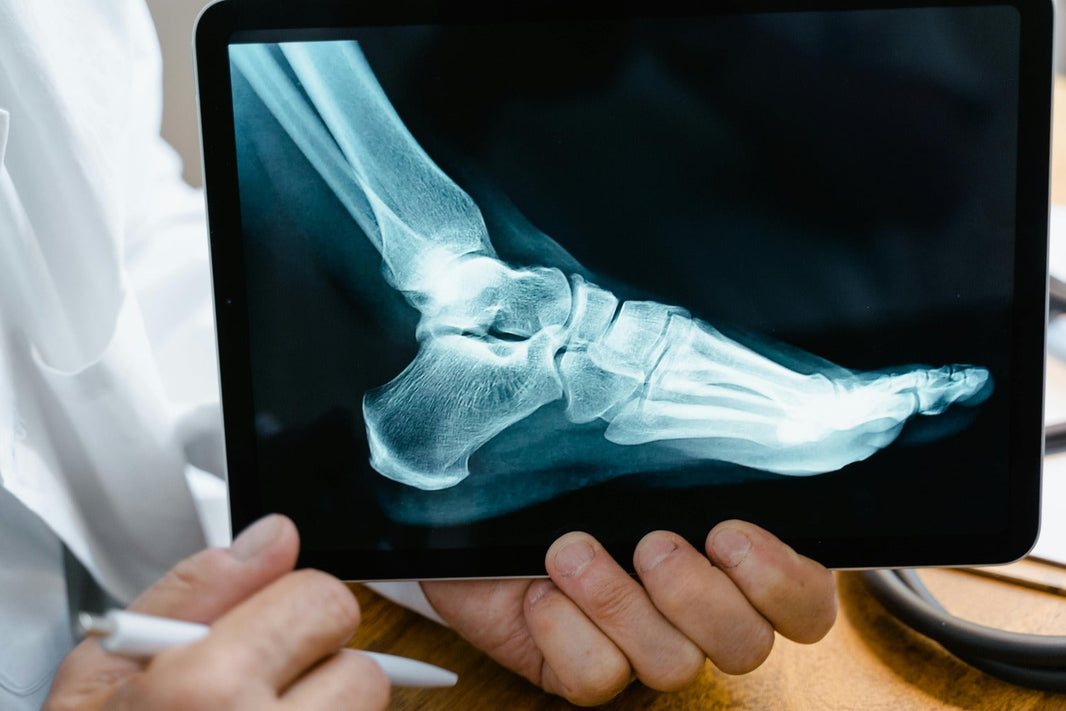In the realm of health and wellness, nutrients like protein, omega-3 fatty acids and vitamin D tend to steal the spotlight. But there’s one lesser-known yet immensely powerful nutrient quietly influencing some of the most critical systems in the body: choline. Despite its essential role in maintaining gut, brain and muscle health, many people unknowingly fall short of meeting their daily requirements. This blog will explore how this nutrient fosters a remarkable synergy among these systems and why prioritizing this nutrient might transform your health.
What is Choline and Why is It Important?
Choline is an essential nutrient that our body uses to create cell membranes, produce neurotransmitters and regulate metabolism. Though your liver produces small amounts, you need to get most of it through your diet. The nutrient plays an important role in maintaining:
-
Gut health – Helps in improving gut health by increasing intestinal permeability and microbial balance.
-
Brain function – Supports cognitive processes and nervous system communication.
-
Muscle performance – Optimizes motor control and energy utilization.
How Choline Supports Gut Health

The gut is called the “second brain” due to its extensive connection to the nervous system and its impact on overall health and modulates gut in two key ways:
1.Strengthening Gut Barrier Function:
Contributes to the synthesis of phosphatidylcholine, a crucial component of cell membranes. In the gut, phosphatidylcholine helps fortify the mucosal barrier, protecting against leaky gut, a condition where harmful substances escape the intestines and enter the bloodstream.
2. Modulating Gut Microbiota:
Emerging research suggests that it affects the composition of gut bacteria. While gut microbes can metabolize them into trimethylamine (TMA), excessive TMA production is associated with health risks like cardiovascular disease. Balancing it's intake with a fiber-rich diet helps foster a diverse and healthy microbiome.
Choline’s Role in Brain Health
Your brain depends on choline for proper function, particularly through its role in neurotransmitter production and structural integrity.

1. Building Acetylcholine: The Memory Molecule: Choline is a precursor to acetylcholine, a neurotransmitter that plays a central role in memory, learning, and muscle control. Low intake has been linked to cognitive decline and neurodegenerative diseases like Alzheimer’s.
2. Supporting Brain Development: During pregnancy, this nutrient is vital for fetal brain development. Studies show that adequate maternal intake enhances cognitive outcomes in children, improving memory and focus.
3. Protecting Brain Cells: This nutrient's involvement in cell membrane synthesis supports brain plasticity—the brain’s ability to adapt and reorganize itself. Additionally, phosphatidylcholine helps combat oxidative stress, a factor implicated in neurological aging.
Choline’s Connection to Muscle Health
The role in muscle performance is often overlooked but critical. Here’s how this nutrient impacts your physical function:

1. Muscle Contraction and Coordination
Acetylcholine is necessary for transmitting signals between nerves and muscles. Without adequate acetylcholine, muscle contractions can weaken, leading to fatigue and impaired performance.
2. Energy Production During Exercise
It helps transport fats for energy production, especially during endurance activities. It enables efficient use of fat stores, delaying fatigue and enhancing stamina.
3. Recovery and Repair
It also reduces exercise-induced inflammation and supports muscle recovery by promoting efficient cell repair processes.
How the Gut-Brain-Muscle Axis Works Together
The most fascinating role may be its ability to link the gut, brain, and muscles into a cohesive system. Let’s break down this synergy:
-
Gut to Brain: A healthy gut supports optimal neurotransmitter production, including acetylcholine, influencing brain function and mood.
-
Brain to Muscle: The brain relies on choline to relay signals to muscles, enabling precise movements and coordination.
-
Muscle to Gut: Physical activity enhances gut motility and health, while this gut-derived nutrient support muscle function.
This bidirectional communication underscores the importance of an integrated approach to health, with choline at the center.
Are You Getting Enough Choline?
The recommended daily intake (RDI) is 425 mg for women and 550 mg for men, though individual needs vary. Unfortunately, research indicates that many people especially vegans, vegetarians and older adults fall short of these guidelines.
Best Dietary Sources of Choline
-
Animal-based foods: Egg yolks, liver and salmon.
-
Plant-based foods: Soybeans , quinoa, and broccoli.
For those with higher needs, supplements such as choline bitartrate or alpha-GPC can help fill the gap.
What Happens If You’re Deficient?
The deficiency can lead to a cascade of health issues:
-
Cognitive decline: Poor memory and learning difficulties.
-
Muscle dysfunction: Weakness and fatigue.
-
Gut issues: Increased intestinal permeability and inflammation.
Pregnant women are especially at risk, as low intake can impair fetal development and increase the risk of neural tube defects.
Practical Tips to Boost Your Choline Intake
-
Start with breakfast: Incorporate eggs or fortified cereals.
-
Experiment with recipes: Add soy products like tofu to stir-fries or smoothies.
-
Snack smart: Opt for nuts and seeds like peanuts or sunflower seeds.
Final Thoughts
Choline may not enjoy the fame of other nutrients, but its role in the gut-brain-muscle connection is nothing short of extraordinary. From fortifying your gut barrier to sharpening your mind and enhancing muscle performance, this unsung hero deserves a place in your daily nutrition plan.
Whether you’re an athlete seeking better recovery, a busy professional aiming for mental clarity, or someone striving for overall vitality, prioritizing this nutrient could be the game-changer you’ve been looking for.
References
-
Liu L, Qiao S, Zhuang L, Xu S, Chen L, Lai Q, Wang W. (2021) Choline Intake Correlates with Cognitive Performance among Elder Adults in the United States. Behavioural Neurology, 10.1155/2021/2962245.
-
Warber JP, Patton JF, Tharion WJ, Zeisel SH, Mello RP, Kemnitz CP, Lieberman HR, (2000), The effects of choline supplementation on physical performance, International Journal of sports nutrition and exercise metabolism , 10.1123/ijsnem.10.2.170.








